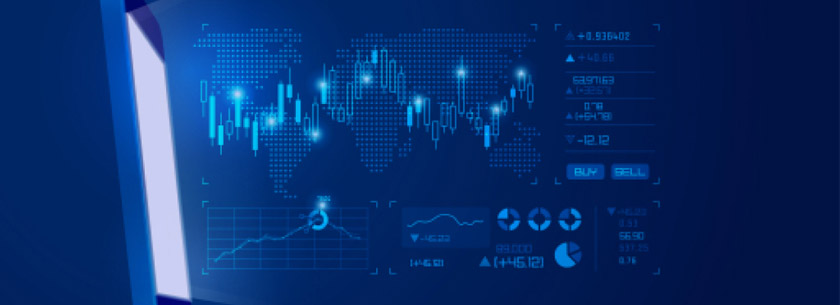
Decentralised applications — programs that work in a distributed computing system. Most often, in blockchain network format. Usually, they meet the following criteria:
- Open source. Users can take a closer look, check, copy, and also make their own changes.
- Lack of censorship and control. All user nodes in it are equal in rights thanks to a decentralised system. Therefore, there is no control body capable of censorship. However, in some situations, such applications are supported by several key nodes, which can affect the overall functioning to some extent.
- Security provided by cryptographic methods. Because all data is recorded, encoded, and distributed across all user nodes, DAPPs have an extremely high security.
Such apps are aimed to remove restrictions associated with programs running within the framework of traditional architecture. If, for example, a single centralised app data storage server fails or undergoes an external attack, there is a risk of losing all the data. Yes, and it’s much easier to hack a single, albeit quite powerful, server, rather than breaking the entire network, which consists of many different machines.
There are many industries where DAPPs can find their application. At the moment, they are used in gaming platforms, when creating social networks, in cryptocurrency wallets and various financial apps.
The activity of such applications is supported by a token system. Digital currency, which use is determined by smart contracts. These tokens can be either unique, such as Steam tokens used in the Steemit game app, or universal if, for example, the app was created on the basis of the Ethereum network (as is the case with CryptoKitties).
So, decentralised apps are open source projects based on the blockchain network that work stably, provide high transparency of the entire system, resistance to impacts and failures, as well as effective and automated interaction within the system.




